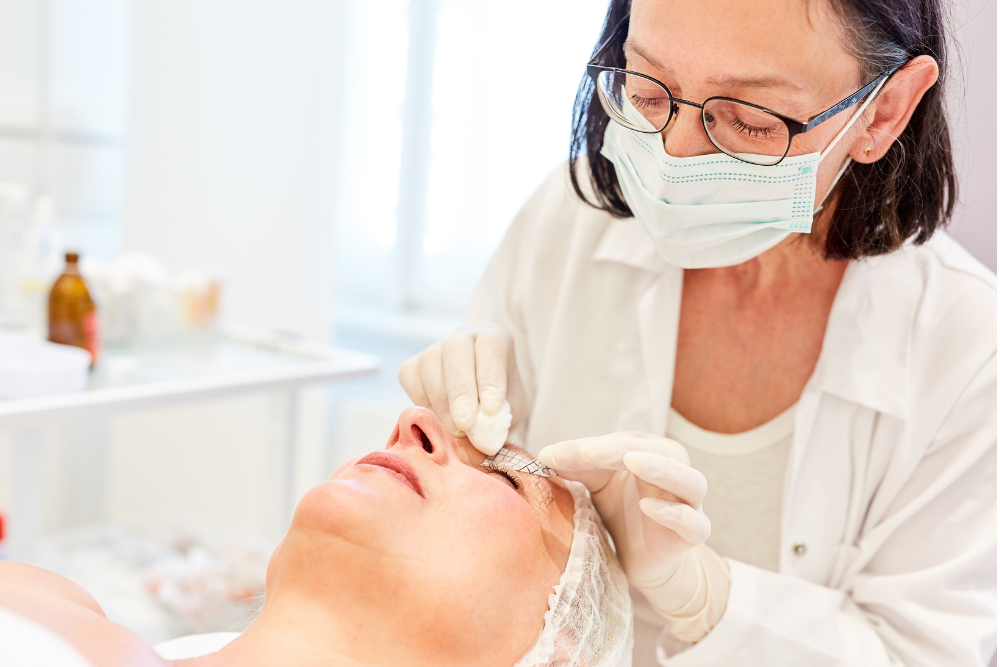Hair loss can be a challenging experience, affecting not just your appearance, but your confidence as well. For those looking for a lasting solution, Follicular Unit Extraction (FUE) hair transplants have emerged as a promising option. In this blog, we’ll explore everything you need to know before you get FUE hair loss transplants in D.C., from understanding the procedure to determining if you’re a suitable candidate.
What Are Follicular Unit Extraction (FUE) Hair Transplants?
Follicular Unit Extraction, commonly known as FUE, is a cutting-edge hair transplant method that has gained popularity due to its precision and minimally invasive nature.
Unlike traditional methods, FUE involves extracting individual hair follicles from a donor area (typically the back or sides of the head) and implanting them into the balding or thinning areas.
As a result, this technique allows for a natural-looking result without a linear scar.
Key Benefits of FUE Hair Transplants
Many patients decide to get FUE hair loss transplants in D.C. and for good reason! FUE offers several advantages:
- Permanent Solution: Once the transplanted hair follicles take root, they grow naturally and are permanent.
- Minimally Invasive: FUE does not require stitches or sutures, resulting in less downtime and quicker recovery compared to older techniques.
- Natural Results: The ability to implant individual follicles ensures that the transplanted hair mimics your natural hair growth pattern.
- Less Scarring: Only tiny, dot-like scars are left, which are virtually undetectable when healed.
- Boost in Confidence: Restoring your hair can have a significant positive impact on your self-esteem and social interactions.
- Low Maintenance: Transplanted hair can be treated like your natural hair, requiring no special maintenance routines.
Can You Get FUE Hair Loss Transplants in D.C.?
Before you get FUE hair loss transplants in D.C., it’s important to determine if you’re a good candidate.
Here are some criteria that is often used for eligibility:
- Age: While hair loss can occur at any age, most surgeons recommend waiting until you’re at least in your mid-20s. This is because hair loss patterns can change, and it’s essential to have a stable pattern to achieve the best results.
- Health Condition: Good overall health is crucial. Conditions like uncontrolled diabetes or coagulation disorders might affect your eligibility.
- Hair Density: Sufficient hair density in the donor area is necessary to ensure that transplanted hair looks natural and full.
- Realistic Expectations: Understanding what FUE can achieve and setting realistic expectations with your surgeon are key to a satisfying outcome.
Schedule a Hair Transplant Consultation Today!
Ready to take the next step? If so, please call our office to schedule a consultation with our board certified plastic surgeon, Dr. Steven B. Hopping.





